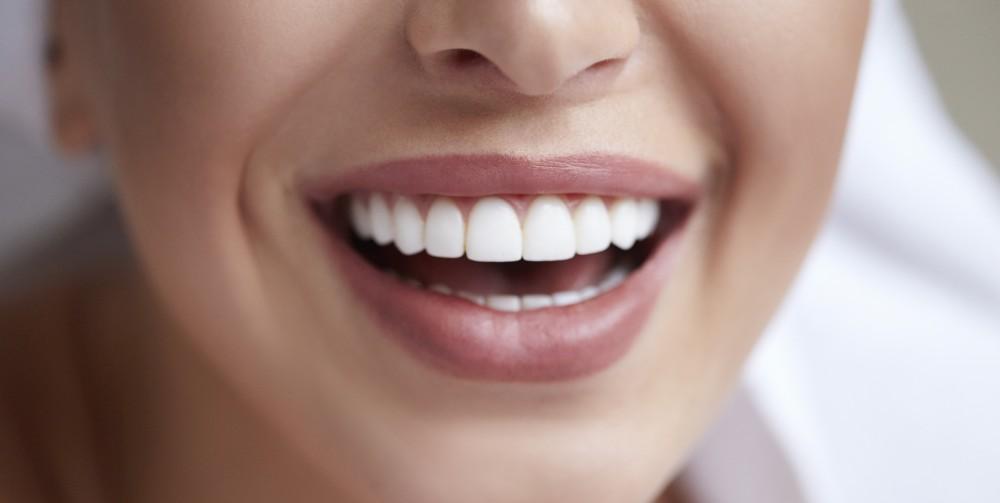
Dental implants are increasingly the choice to restore a functional, beautiful smile for those with one or more missing teeth. More than 3 million Americans have dental implants, and that number grows every year.
At Nobel Dental, Abraham Nobel, DDS, MPH, offers dental implant procedures to improve the function and appearance of our patients’ teeth. Our team uses the top implant systems in the industry, including those from Nobel Biocare®, Straumann®, and Astra.
Dental implants are more comfortable and make it easier to chew and talk than traditional dentures. The procedure generally has a high success rate, but there are some factors that could cause the implant to fail. Let’s learn more.
Dental implants: What you should know
A dental implant consists of two parts: a titanium or zirconia post that we surgically insert into your jaw to act as a replacement root, and a crown, or artificial tooth held in place by the post.
All-on-4® implants use four strategically placed dental implants to support a complete arch of upper or lower teeth. This approach provides a permanent smile restoration for patients who are missing multiple teeth.
Whether you choose an individual implant or All-on-4, your new dental implant is meant to be a permanent fixture in your mouth. But you may need to replace the porcelain crown in 15-20 years due to wear-and-tear.
The success rate of dental implants
Studies indicate a 90-95% success rate for dental implants over a period of 10 years. The biocompatible post fuses to the bone tissue in your jaw and effectively prevents bone loss that can accompany missing teeth.
Dental implants are intended to last a lifetime, but in rare cases, they can fail. Dental implant failure typically occurs when something interferes with healing or osseointegration, the process in which your jawbone and the new implant connect.
The following factors may cause dental implant failure:
- Poor oral hygiene and gum disease
- Insufficient amount of bone
- Teeth-grinding
- Smoking
- Other medical conditions, such as diabetes, osteoporosis, or bleeding disorders
How to care for your implants
The more proactive you are about the maintenance of your dental implants, the longer they will provide the support you need. Implants require the same care as natural teeth, including twice-daily brushing and flossing to remove bacteria and food particles.
Routine dental visits every six months are essential to protect the integrity of your restoration. Professional cleanings eliminate hard-to-reach plaque and tartar buildup, and we can check for any signs of implant failure at the same time.
Avoid chewing ice and other hard foods. This can crack or chip the porcelain crown, or cause the implant to loosen or fracture. If you grind your teeth, we may recommend using a mouthguard at night to prevent implant damage.
If you’re considering dental implants to restore the function and appearance of your smile, our team at Nobel Dental in the Koreatown section of Los Angeles, California, can help. Call or go online to book your consultation today.
